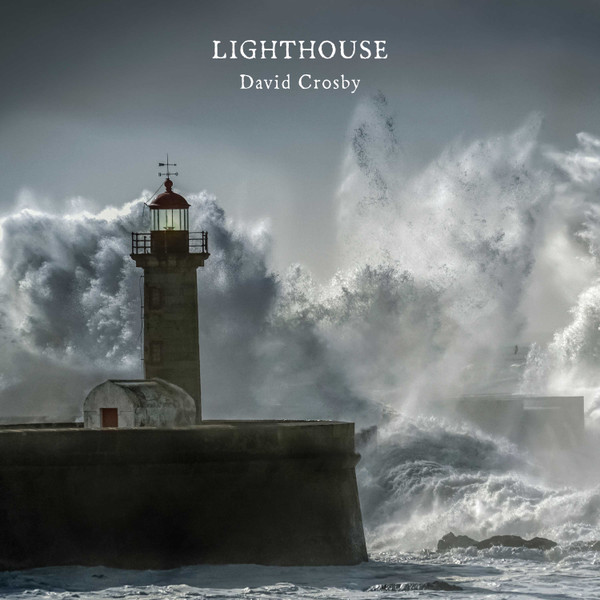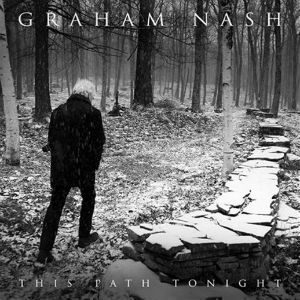 Having re-established themselves as a big act, Ray Davies and the Kinks picked up where they left off. State Of Confusion even sports a similar cover theme to Give The People What They Want, but features the whole band, which was nice of Ray, who still wrote and produced everything.
Having re-established themselves as a big act, Ray Davies and the Kinks picked up where they left off. State Of Confusion even sports a similar cover theme to Give The People What They Want, but features the whole band, which was nice of Ray, who still wrote and produced everything.The title track is a solid rocker with great keyboards, and they thankfully drop the scream accent a few bars in. The lyrics are fairly generic, but the music and particularly the guitar parts make it work. On a similar theme, “Definite Maybe” takes on the angst of modern life from another angle and a different rhythm. Opening with a Hendrixian take on “Here Comes The Bride”, “Labour Of Love” is a blatantly cynical view of marriage, repeatedly described as “a two-headed transplant”. What sold the album was “Come Dancing”, still a charming retro tune in tone and theme, and we still crack up at the mother’s commentary in the quiet section. It’s also a nice respite from the loudness of the first three tracks. (The video is still as charming as ever.) That happy memory is dashed aside by the post-breakup scene in “Property”.
The melancholy mood continues in “Don’t Forget To Dance”, which not only shared a word from the first single, but repeated the spiv character from the video in its own. Still, the song is a nice sentiment, and well constructed. A wash of loud guitars brings in the noisy “Young Conservatives”, an astute observation on a political trend on both sides of the pond, even pulling in a reference to a “well respected man”. “Heart Of Gold” begins with the same chord figure of “Don’t Forget To Dance” but in a different key. The verses go all over the place, seeming to describe basic sibling rivalry in one, teenage rebellion in another, and a bridge about paparazzi, yet somehow Ray says the song was inspired by the child he’d just had with fiancée Chrissie Hynde. Despite the title, “Clichés Of The World (B Movie)” is the most successful portrait of modern psychodrama hear, except for maybe the sci-fi interlude that may refer to brother Dave’s recent adventures, which we’ll explain shortly. Dave gets to yell his way through “Bernadette”, which nobody seemed to notice was already a Four Tops title, nor did they think to modify the riff stolen directly from Little Richard’s “Lucille”. Ray’s sneered interlude doesn’t add much, either, and the album just kinda ends. (Dave was likely too busy anyway with his third solo album in as many years. Chosen People continued his flirtation with synths and drum machines, and was very competent rock-wise, but ignored overall. The title track and “True Story”, which seem to address his alleged visitation by aliens who began transmitting voices into his head around this time, likely didn’t help.)
State Of Confusion is, once again, ordinary but competent, but should please anyone who liked the last album. “Come Dancing” may well have helped a new generation further discover the band’s history; the videos certainly helped. As happened in those days, the cassette version offered a variation, in this case adding an extra song on each side: “Noise” is a rant about that subject, literally and metaphorically, while “Long Distance” is a decent chapter in his “life on the road is hard” saga. (These were both added to the eventual expanded CD, following the “original extended edit” of “Don’t Forget To Dance” and the outtake “Once A Thief”.)
The Kinks State Of Confusion (1983)—3
1999 Konk CD reissue: “same” as 1983 cassette, plus 2 extra tracks





